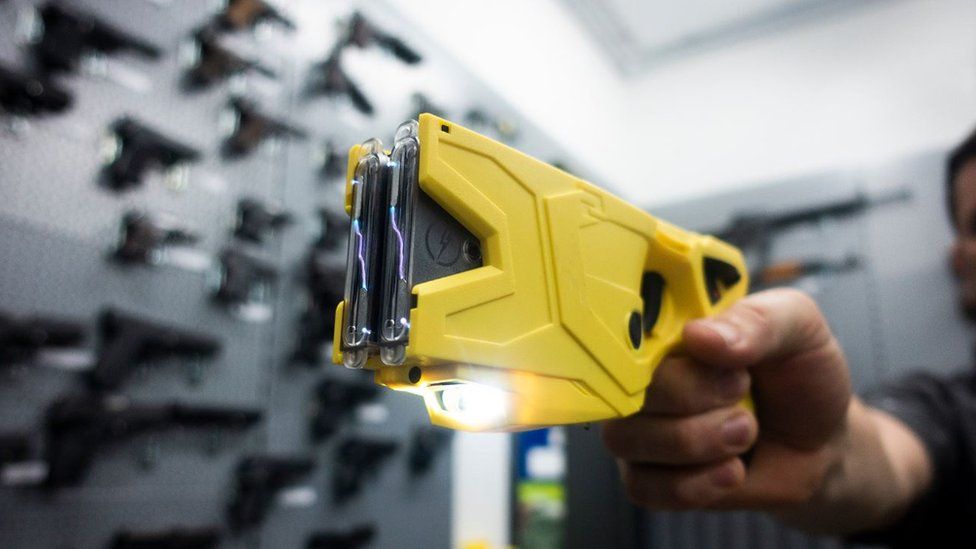
Stun guns, including tasers, are given to law enforcers to use when they are detaining a person who is resisting arrest. Moreover, they are used to immobilise a criminal who is in the process of committing a crime. However, they can cause very serious harm to the victims and may even result in death. Victims who have been unlawfully tasered have every right to sue the law enforcement departments for injuries sustained during abuse of power.
If you have suffered unlawful tasering in the hands of the law enforcement, contact a police brutality lawyer in NYC to exercise your legal rights. Liable parties that can be held accountable include the officer who administered the shock and his or her department. Moreover, the city, state or municipality where the taser incident occurred could be made to pay compensation as well. Other liable parties include the doctor who did not properly treat injuries sustained and the manufacturer and distributor of the stun gun.
Additionally, you can sue one or multiple parties for unlawfully tasering you. For instance, many victims choose to sue the officer, the department they work for and the related government entity.
Theories of liability
The theories of liability in many stun gun incidents depend on where the occurrence happened and the particular details about the case. For instance, the law enforcement procedures and manuals in a specific location can determine the strategies the lawsuit will follow. Some of the theories of liability include:
Negligence
Negligence is mostly associated with normal personal injury suits like premises liability lawsuits and car accident claims. However, it can also be used for wrongful death claims and gun injury lawsuits. Parties such as officers, governments, departments and stun gun manufacturers may all be held liable for being negligent.
Strict liability
The manufacturer, designer or distributor of the shock device may be strictly liable for any injuries the victims sustain. Strict liability usually applies to product defect lawsuits and product liability. In this theory of liability, the wounded party sues the creator of a product because of the defective marketing or the defective manufacturing of a product. This liability would only apply to the creators of stun guns, including tasers.
Fourth amendment violation
According to the fourth amendment violation, a law enforcement officer is allowed to use force in a situation to prevent escape and to prevent the person from physically injuring other officers. Moreover, if the officers use deadly force unreasonably in calm cases, they will be held responsible for use of excessive force. To determine whether an officer has used excessive force, some facts of the case will be reviewed under the fourth amendment. Such facts include the severity of the criminal offence, whether the suspect is very dangerous, is resisting arrest or has fled.
Conclusion
If you have been unlawfully tasered, you can sue liable parties like the officer, the department and the government body in charge of the departments. You can receive compensation and a great attorney can help you do so.
Comments are closed.
Latest Posts
Recent Posts
- Maximizing Your Accident Settlement: Effective Negotiation Strategies
- Estate Planning Attorney DC: Navigating Legalities for a Secure Future
- Warriors in Court: Advocacy for Post Military
- Benefits of using a Miami accident advocate
- Car Accident Claims: Insider Tips from a Veteran Attorney
- Why Living Trusts are the Keystone of a Sound Estate Plan
- The Road to Recovery: Navigating Legal Challenges with a Personal Injury Attorney












